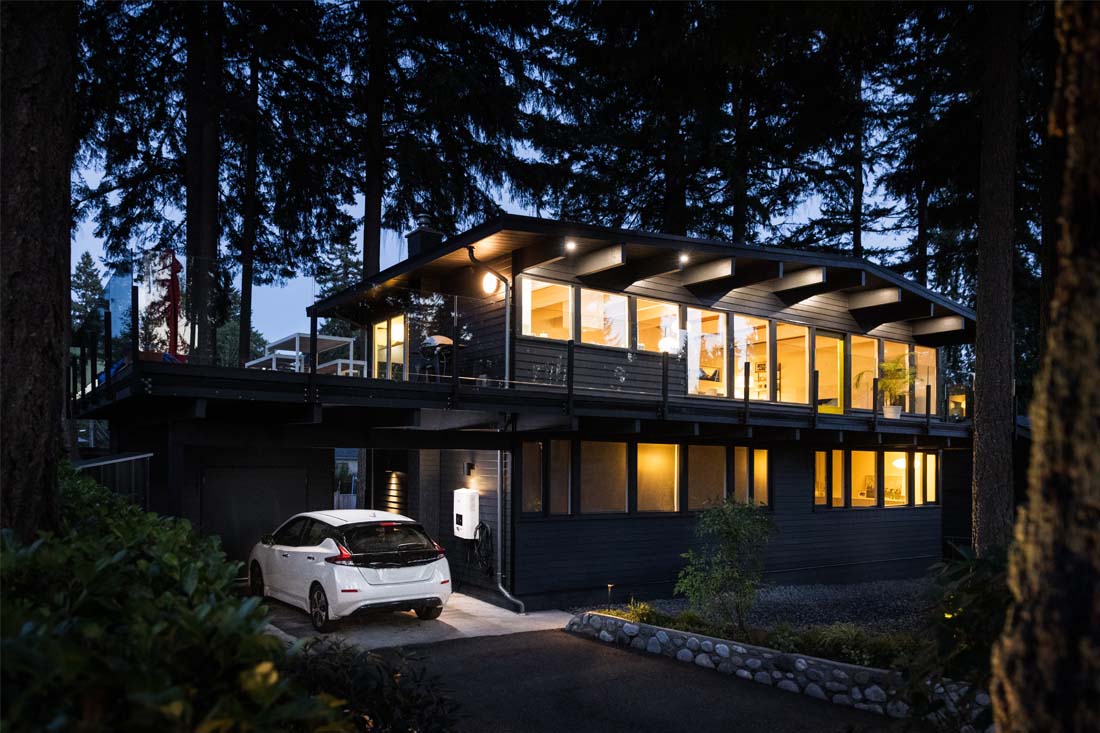Eight things a first home buyer needs to know
Aug 31, 2020
The benefit of using our services is both time saving with not having to wait for other services

It wasn’t long ago that the idea of buying an electric vehicle (EV) seemed like a bit of futuristic science-fiction. But with interest rates on EV loans recently dropping to under 3%, going electric is now more in the realms of an everyday, mundane, household budget decision.
According to the latest Electric Vehicle Council data, sales of plug-in EVs almost tripled in the past year – from 6,900 in 2020 to 20,665 in 2021.
That means EVs now account for 1.95% market share of new vehicles.
Now, that might not sound like a lot. But the federal government projects it to rise to 8% by 2025 and 30% by 2030.
And we’re seeing major lenders start to jostle for pole position in the EV market too.
Macquarie, for example, sent an email out this week promoting comparison rates on electric cars to homeowners from 2.99% p.a. (based on a loan of $30,000 and a term of five years).
“We’re proud to be the first Australian banking group to offer a specialised electric car-buying service that can help you make the transition to an electric car,” the Macquarie email reads.
Ok, so let’s say you were also thinking of going with Macquarie to buy a standard vehicle with an internal combustion engine (ICE).
You’re looking at a comparison rate of anywhere between 6.48% and 7.15% for a new ICE vehicle, depending on the loan-to-value ratio.
That’s quite a big difference from the new EV rates.
Increasing model availability, decreasing vehicle cost, and growing awareness of the economic and environmental benefits of EVs are changing the way people think about their transport options, according to the Electric Vehicle Council.
Here’s a guide to what you can currently buy in Australia. One of the cheapest options currently available is the MG ZS EV, which is around $48,990.
Hyundai and Nissan also have options in the $53,000 to $55,000 range.
It’s also worth noting that governments are making big moves in this area too, with some state governments offering $3,000 rebates.
And earlier this month, the New South Wales government (for example) announced plans to build more than 1,000 fast-charging stations for EVs over four years.
As electric vehicles become more popular in Australia, it’s a safe bet that we’ll see more and more lenders get their elbows out to offer competitive rates in this space.
So if you’re thinking of buying a vehicle to last you the next 5 to 10 years, and are considering making the jump to an EV, get in touch and we can help you crunch the numbers on whether an electric vehicle loan is the right fit for you.
And if it’s not quite right just yet, well, we can help you out with a good ol’ fashioned ICE vehicle loan instead!
Disclaimer: The content of this article is general in nature and is presented for informative purposes. It is not intended to constitute tax or financial advice, whether general or personal nor is it intended to imply any recommendation or opinion about a financial product. It does not take into consideration your personal situation and may not be relevant to circumstances. Before taking any action, consider your own particular circumstances and seek professional advice. This content is protected by copyright laws and various other intellectual property laws. It is not to be modified, reproduced or republished without prior written consent.